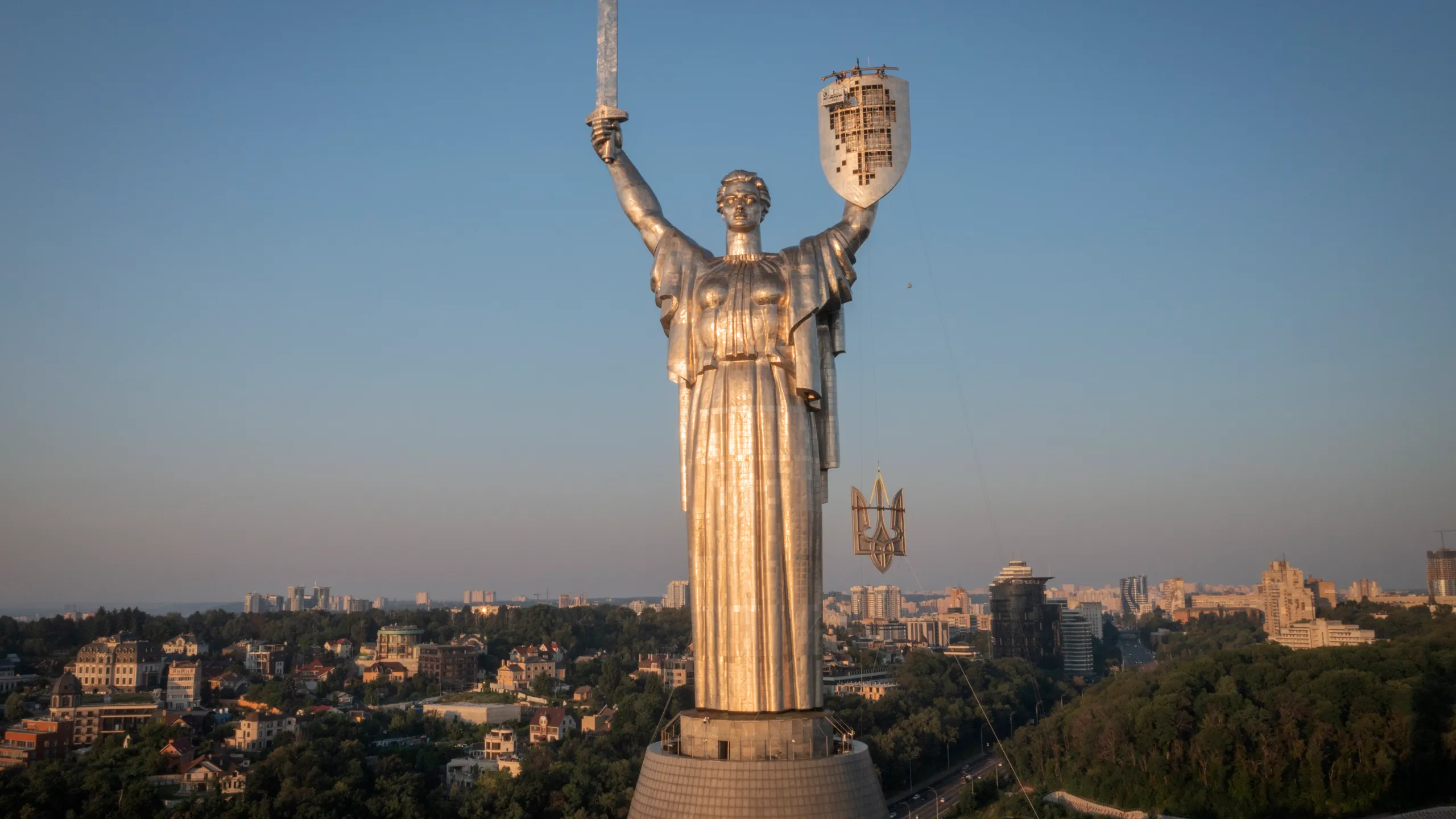
The Significance of the Crimean Peninsula in Ukraine’s History
mashupch
- 0
mashupch.com – The Crimean Peninsula, a strategically located and historically rich region, has played a crucial role in Ukraine’s history. Its unique geographical position and diverse cultural heritage have made Crimea a focal point of geopolitical interest and conflict over the centuries. This article explores the historical significance of Crimea and its impact on Ukraine’s national identity and political landscape.
Historical Background
The history of the Crimean Peninsula is marked by a tapestry of cultural influences and political changes. Throughout the centuries, Crimea has been inhabited by various ethnic groups, including the ancient Greeks, Scythians, and Tatars. It became a significant center of trade and cultural exchange due to its location along important maritime routes.
In the late 18th century, Crimea was annexed by the Russian Empire, becoming a key naval base for the Black Sea Fleet. The peninsula’s strategic importance continued through the Soviet era, during which it hosted critical military installations.
Crimea’s Role in Modern Ukraine
In 1954, Crimea was transferred from the Russian Soviet Federative Socialist Republic to the Ukrainian Soviet Socialist Republic by Soviet leader Nikita Khrushchev. This decision was largely symbolic at the time, as both republics were part of the Soviet Union. However, it gained significant political importance following Ukraine’s independence in 1991.
As part of independent Ukraine, Crimea enjoyed autonomous status, with its own parliament and government. The peninsula remained a multicultural region, home to ethnic Russians, Ukrainians, and Crimean Tatars. Its strategic location and resources, including tourism and agriculture, added to its economic significance.
The Annexation of Crimea
The Crimean Peninsula became a focal point of international attention in 2014 when Russia annexed it following the Euromaidan movement and the ousting of Ukraine’s President Viktor Yanukovych. The annexation, widely condemned by the international community, was seen as a violation of international law and Ukraine’s sovereignty.
The annexation has had profound implications for Ukraine, leading to strained relations with Russia and ongoing geopolitical tensions. It also highlighted the complex historical ties between Crimea and Ukraine, as well as the challenges of navigating national identity and regional autonomy.
Cultural and Social Significance
Beyond its geopolitical importance, Crimea holds significant cultural and social value for Ukraine. The peninsula is home to a rich tapestry of historical sites, including ancient ruins, palaces, and religious monuments. It is also a cultural melting pot, reflecting the diverse heritage of its inhabitants.
The Crimean Tatars, who faced deportation during the Soviet era, have a unique cultural and historical connection to the peninsula. Their return and resettlement in Crimea have been integral to preserving the region’s cultural diversity and heritage.
Conclusion
The Crimean Peninsula’s significance in Ukraine’s history is multifaceted, encompassing strategic, cultural, and social dimensions. Its complex past and contested present continue to shape Ukraine’s national identity and geopolitical landscape. Understanding Crimea’s historical importance is essential for appreciating the broader context of Ukraine’s ongoing struggle for sovereignty and territorial integrity.


